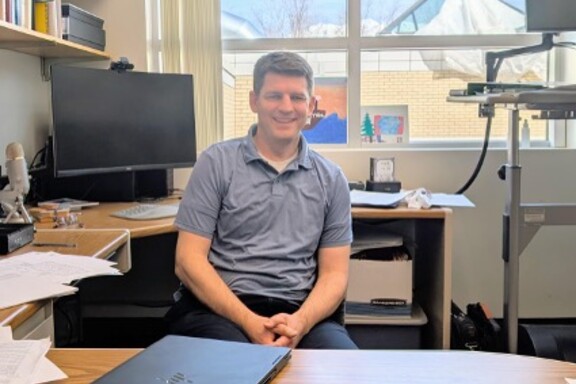Kent Gee, Scott Sommerfeldt, and Scott Thomson (Mechanical Engineering) received the BYU Technology Transfer Award. This award recognizes faculty members who hve made significant research contributions that have led to the development of useful commercial products. They received the award for inventing noise-reduction technology for vacuum-assisted toilets used on airplanes. Further information can be found at //physics.byu.edu/department/news/60
August 20
News and Events

The university's new electron microscopy facility opened in fall of 2025, offering atomic-level imaging and student-led research.
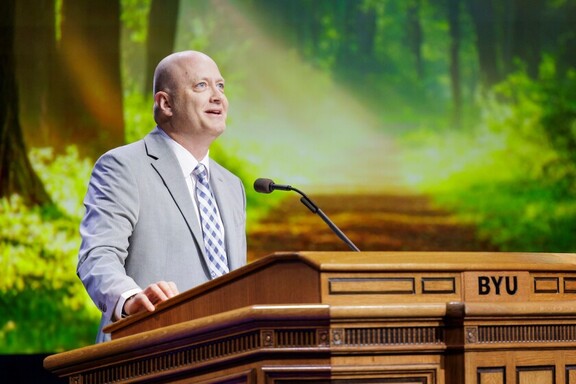
This year’s Karl G. Maeser Distinguished Faculty Lecturer, Kent Gee, delivered his forum address on the science of sound and how he and BYU students have contributed to significant research in the acoustics industry.
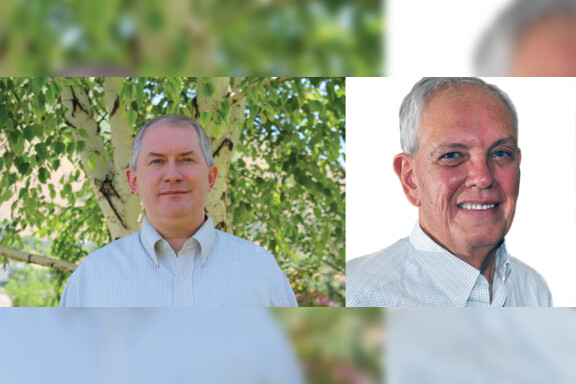
In July 2025, Drs. Branton Campbell and Harold Stokes (BYU Emeritus Professor) will receive the Kenneth N. Trueblood Award from the American Crystallographic Association for exceptional achievement in computational crystallography.
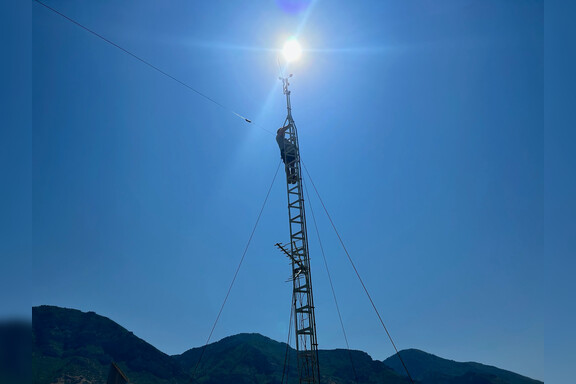
A group of undergraduate students braved the heat and heights of the ESC roof to install a new weather station. The station is up and running, and will hopefully record data for years to come.
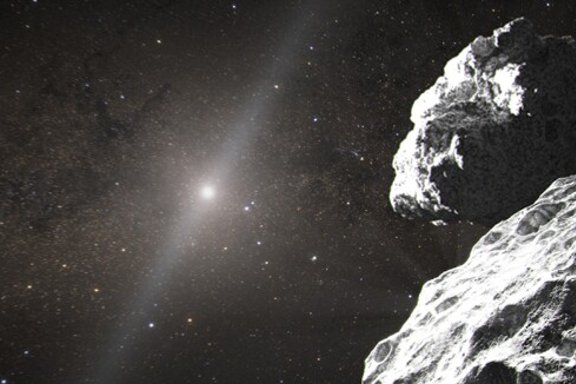
Using data from NASA's Hubble Space Telescope, a new study suggests that an object previously thought to be a binary system may be a rare triple system of orbiting bodies.
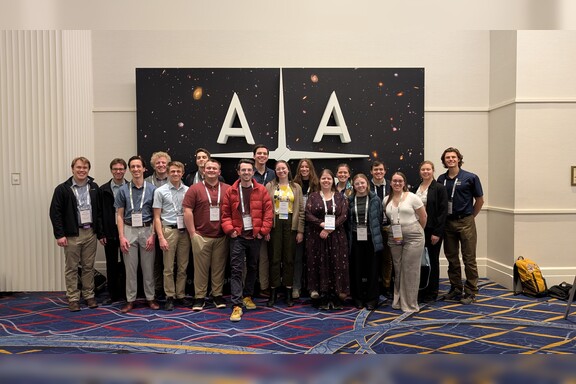
In early January 2025, a group of 16 students from Brigham Young University’s Physics & Astronomy Department showcased their research at the prestigious American Astronomical Society (AAS) in National Harbor, Maryland.

Dr. Gus Hart received the 2024 Karl G. Maeser Research and Creative Arts Award for his work in computational material science and his continued innovation in computational methods.

This winter, ten students in BYU’s new “Advanced Planetary Astrophysics” taught by Darin Ragozzine course gained hands-on experience in planetary science research, mastering interdisciplinary skills to prepare for future careers in astronomy.

Starting Fall 2025, BYU will offer a new Applied Physics: Data Science major that combines rigorous physics training with data science skills to prepare students for the growing demand in data-driven careers.

BYU's new Biological Physics course introduces students to the physics behind biological processes, fostering interdisciplinary skills to tackle complex biological questions.
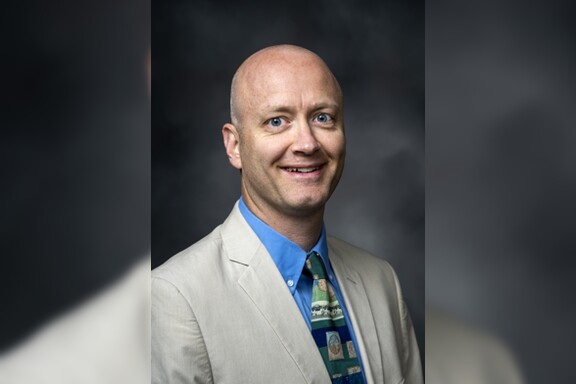
Dr. Kent Gee has been named the recipient of the Karl G. Maeser Distinguished Faculty Lecturer Award
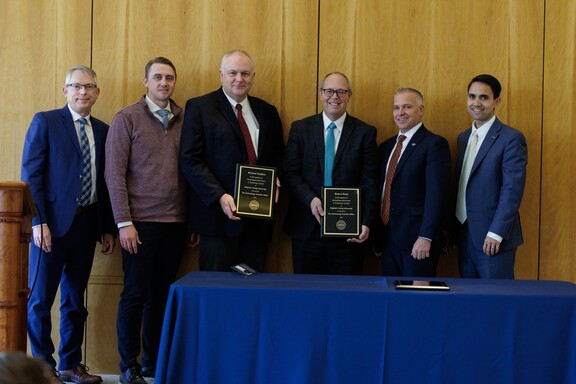
BYU Physics and Astronomy Professors Dr. Davis and Dr. Vanfleet recently received the 2024 award for outstanding achievement in technology transfer from the BYU Technology Transfer Office.
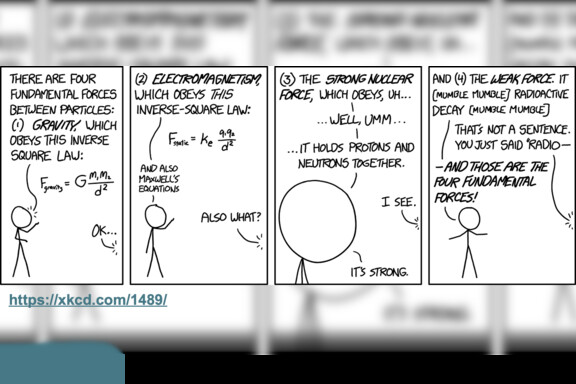
After 3 years of being offered as 513R, elementary particle physics is finally an official course and accepted for credit in the physics major!

